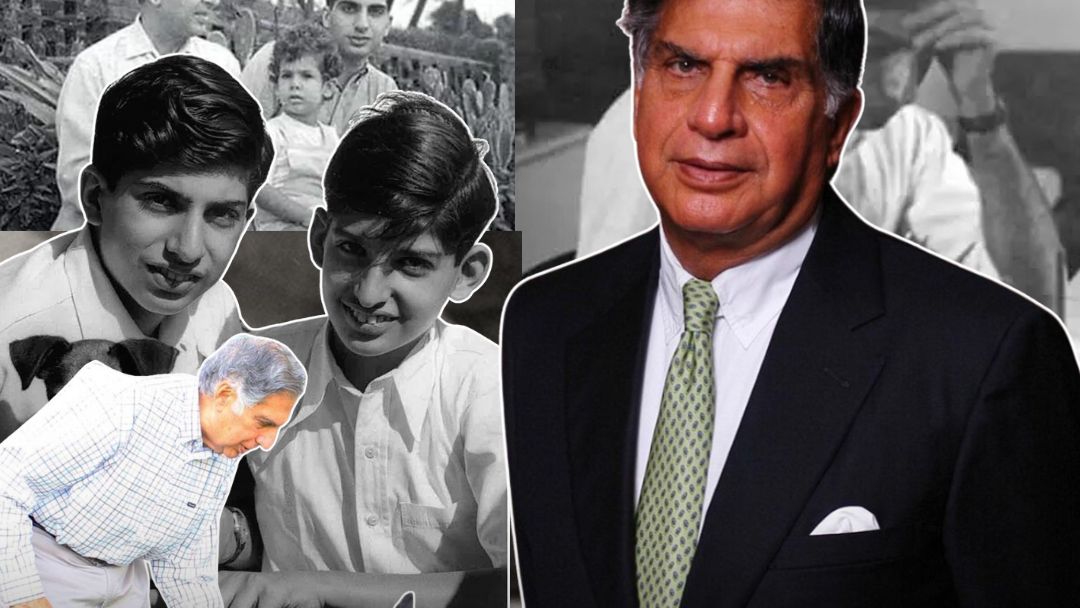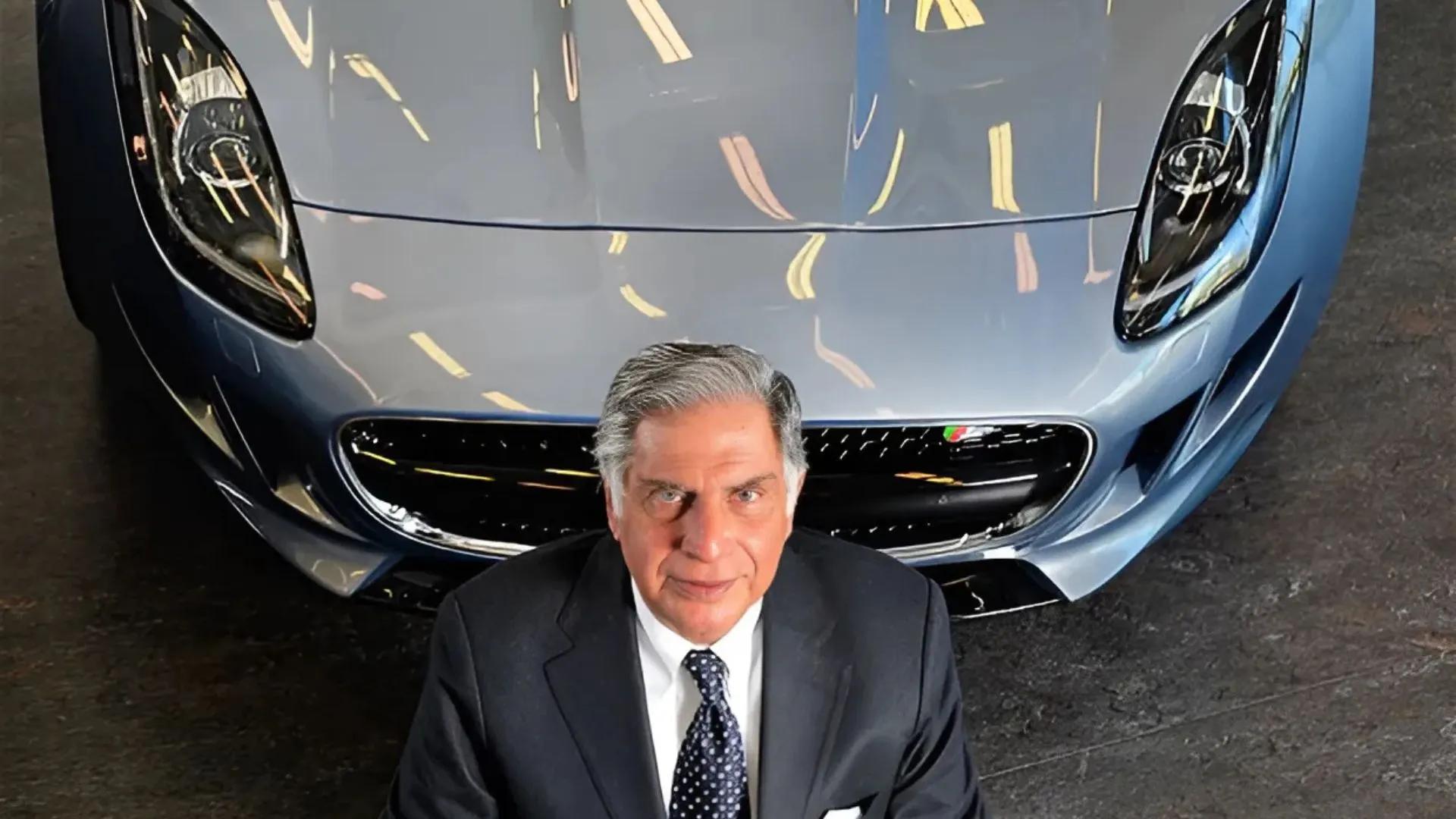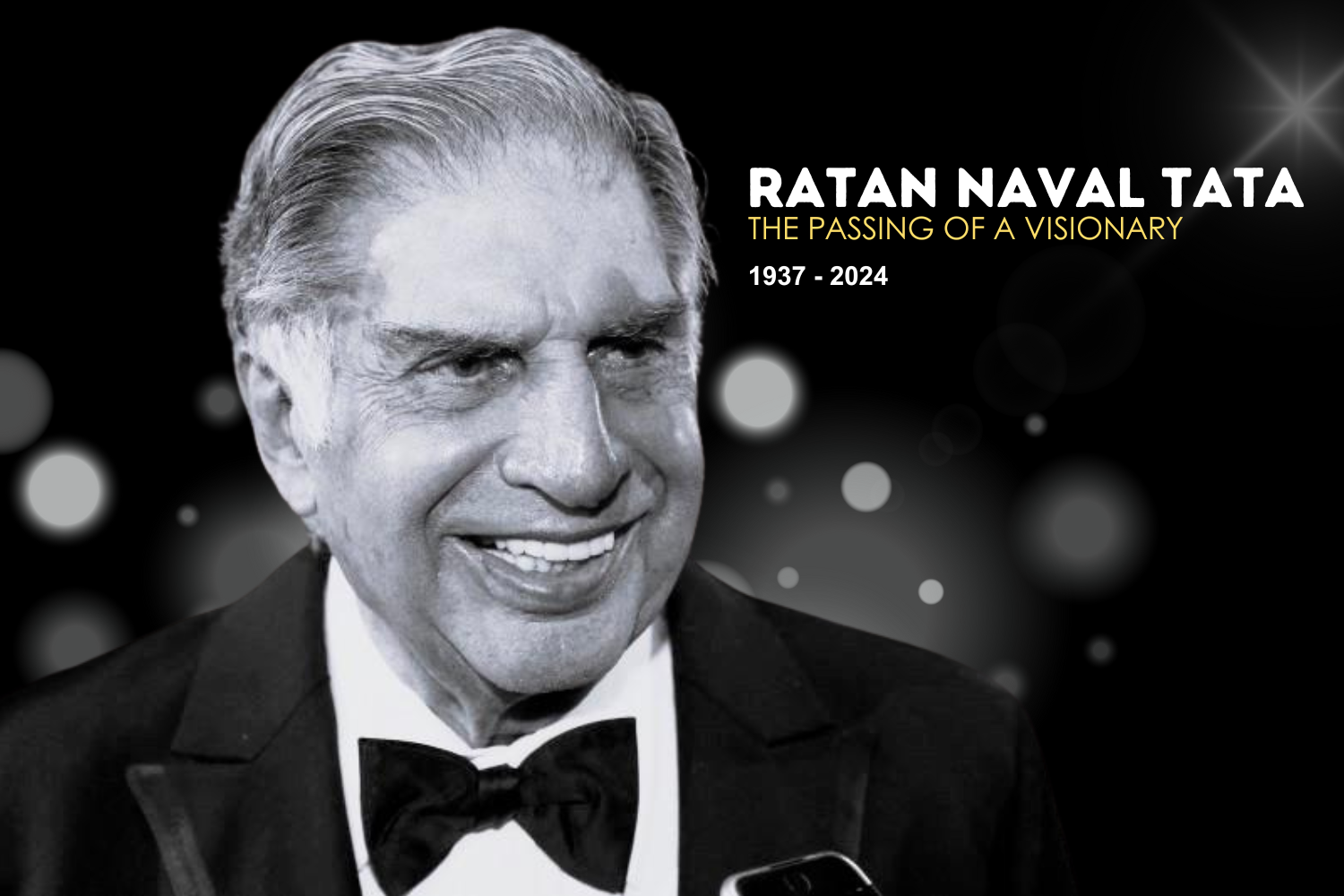Ratan Tata, the former chairman of the Tata Group and a titan of Indian industry, passed away at 86, leaving behind a remarkable legacy of leadership and philanthropy. Tata Sons confirmed his death in a statement filled with sorrow, recognizing his profound contributions to the conglomerate and to India itself. Having taken over the reins of the Tata Group in 1991, Tata steered the company into a new era of globalization, growing it into one of the most respected industrial giants in the world. His death marks the end of an era for the Tata Group, but his influence will continue to shape the company for generations.

Born in 1937 to a family of Parsis in Mumbai, Ratan Tata's early education took him to Cornell University, where he studied architecture and structural engineering. He returned to India in 1962 to join the Tata family business, which had already played a major role in building the nation’s economy. Founded by his great-grandfather Jamsetji Tata in 1868, the Tata Group was instrumental in launching India’s first steel plant, luxury hotel, and domestic airline. Ratan Tata’s leadership modernized the company at a time when India was liberalizing its economy, setting the stage for a series of major global acquisitions that made headlines around the world.
Among these landmark deals was Tata’s 2000 acquisition of British tea giant Tetley for $432 million, followed by the $12.1 billion purchase of Corus Steel in 2007. However, the crowning achievement of his business career came in 2008 with the $2.3 billion purchase of Jaguar Land Rover from Ford. This move not only put Tata Motors on the map internationally but also symbolized the rise of Indian businesses as global players. Despite these high-profile ventures, Tata was widely admired for his humility and dedication to ethical leadership, which earned him a place in the hearts of many, both within and outside India.

"It is with a profound sense of loss that we bid farewell to Mr. Ratan Naval Tata, a truly uncommon leader whose immeasurable contributions have shaped not only the Tata Group but also the very fabric of our nation" - Tata Sons in their statement.
After retiring as Tata Group’s chairman in 2012, Ratan Tata devoted much of his time to philanthropy and social causes. A deep animal lover, he worked tirelessly to improve the welfare of stray animals in India, an effort that reflected his compassion and drive to make society better. His philanthropic contributions were wide-ranging, with the Tata family’s legacy of giving back playing a pivotal role in healthcare, education, and rural development in India. Tata's belief in building sustainable communities ensured that his success was shared with the people of his country.
Tributes following his death underscore the far-reaching impact of his leadership. Prime Minister Narendra Modi described Tata as a “visionary business leader” who provided “stable leadership” to one of India’s most prestigious business houses. Google CEO Sundar Pichai reflected on Tata’s extraordinary business and philanthropic legacy, recalling his inspiring vision during their discussions about Waymo and the future of transportation. Business leaders such as Mukesh Ambani and Anand Mahindra echoed similar sentiments, calling Tata’s death a great loss not just to India but to the global business community as a whole.
Though Ratan Tata is no longer with us, his influence continues to be felt through the far-reaching impact of the Tata Group and the many lives touched by his philanthropy. His values of integrity, humility, and social responsibility set a standard that transcends industries and borders. The companies he nurtured and the people he inspired will carry forward his legacy, ensuring that his vision of a better, more equitable world lives on.
"With him gone, all we can do is commit to emulating his example" - Anand Mahindra
